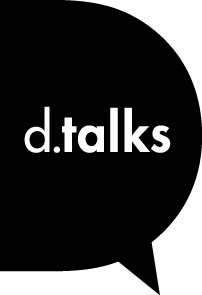image © pipikwan pêhtâkwan, 2022.
What can’t quite be understood from the plaques at designated historic places is: what wasn’t built. “Non-visible architectures,” writes Cheryl Foggo, foster a sense of belonging through music and stories. There’s a story of a Black drywaller, trained, but limited from practice. What could he have built, she wonders? Suzanne Chew recalls discovering the Blackfoot name for Turtle Mountain—the site of the partially-buried early 20th century town of Frank. The Blackfoot called it, “the mountain that moves”. What might not have been built? Moderated by Sikomh Kokomii, the discussion will explore how below-the-radar narratives have shaped our sense of belonging and relationship to the land and the community—the place that we call home.
Hear from:
Cheryl Foggo is an award-winning author, playwright, and filmmaker whose work over the last 30 years has focused on the lives of Western Canadians of African descent. Her books include the recently released 30th-anniversary edition of Pourin’ Down Rain: A Black Woman Claims Her Place in the Canadian West. Her plays Heaven and John Ware Reimagined have been seen on multiple stages across Canada. Her film John Ware Reclaimed can be found at nfb.ca and her film Kicking Up a Fuss: The Charles Daniels Story can be found on youtube. She is currently working on a documentary about the Shiloh Baptist Church and Cemetery in Saskatchewan.
Sikomh Kokomii (Calling Crane) is a biracial Blackfoot (Niitsitapi) multidisciplinary artist, musician/sound artist (music teacher), Blackfoot/Treaty 7 art researcher/amateur historian, author, activist and inventor.
Suzanne Chew is an international doctoral student at the University of Calgary who has published poetry and stories reflecting on her research and experiences as a newcomer to Canada, navigating spaces of race during the pandemic and her responsibilities living in Treaty 7 of being in-relation with the peoples to whom these traditional territories belong. Learning from Inuit communities in western Nunavut, Suzanne researches voice and marginality, and explores how the different ways in which we speak and endeavour to be heard, both spoken and unspoken, might bring hearts and minds together for inclusive participation in environmental decision-making.
Friday October 14, 7pm MT (online)
This talk is produced in partnership with the Calgary Public Library and with the support of Canada Council for the Arts. The events are free, open to the public. RSVP to receive a link to attend.
The talk series is part of the Interrupt, Reframe issue of FOLD. Published by d.talks, the issue is made possible with the support of Canada Council for the Arts, in addition to the ongoing support of Calgary Arts Development and the Alberta Foundation for the Arts.


